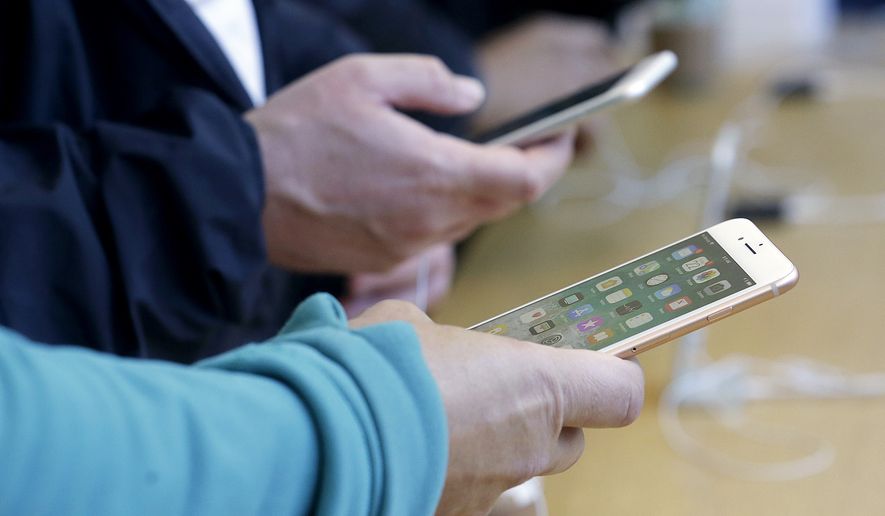The Justice Department’s internal watchdog was pressed Monday to probe the circumstances that resulted in Attorney General Jeff Sessions and other top officials repeatedly touting a bogus statistic exaggerating the degree of the “Going Dark” problem posed by digital encryption.
A coalition of 21 groups including the American Civil Liberties Union, Electronic Frontier Foundation and Human Rights Watch wrote the department’s inspector general, Michael Horowitz, after the FBI admitted last month that the number of encrypted mobile devices federal investigators have lawfully seized but been unable to access data from is “substantially lower” than previously stated.
The FBI seized around 1,200 encrypted devices during 2017 incapable of being unlocked by investigators, The Washington Post first reported last month — a fraction of the 7,775 cellphones previously cited by officials including Mr. Sessions.
“The undersigned civil society organizations dedicated to protective civil liberties, human rights, government accountability, and innovation and security online, write to urge you to investigate the failures that led to the Federal Bureau of Investigation (FBI) and Justice Department’s inaccurate representations of the number of devices that the FBI could not unlock due to encryption,” the groups wrote in their letter Monday.
“The FBI has been pressuring Congress and tech companies to undermine everyone’s cybersecurity based on faulty facts and bad math,” added Cynthia Wong, senior internet researcher at Human Rights Watch. “The report shows that law enforcement claims of ’going dark’ should be met with a healthy dose of skepticism.”
The Justice Department did not immediately return an email seeking comment.
Justice Department officials, including Mr. Sessions, Deputy Attorney General Rod Rosenstein and FBI Director Christopher Wray, all claimed in recent months that criminal investigators lawfully seized upwards of 7,000 cellphones during 2017 that were secured in a manner that prevented authorities from accessing their contents, supposedly quantifying the so-called “Going Dark” dilemma posed by authorities being unable to decipher encrypted data.
Officials have previously suggested the possibility of designing communications systems and products with “backdoors” that would let authorities access otherwise secured conversations, but critics have called that proposal technically impossible and probe to being inevitably exploited.
“Given the severe negative effects of an encryption backdoor mandate, the FBI’s miscalculation is particularly concerning,” the groups wrote in their letter.
• Andrew Blake can be reached at ablake@washingtontimes.com.




Please read our comment policy before commenting.